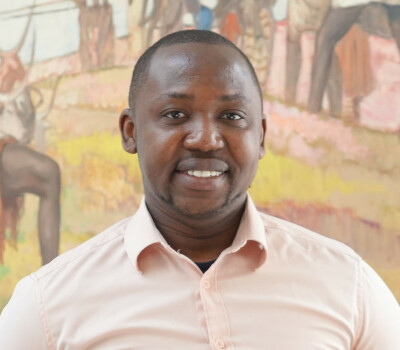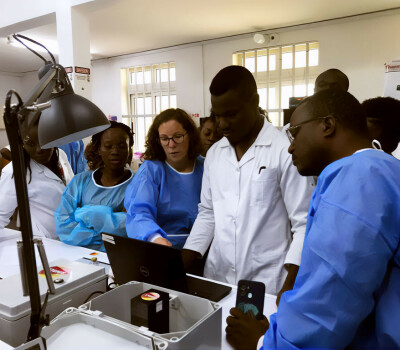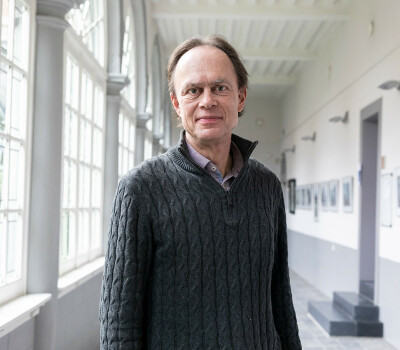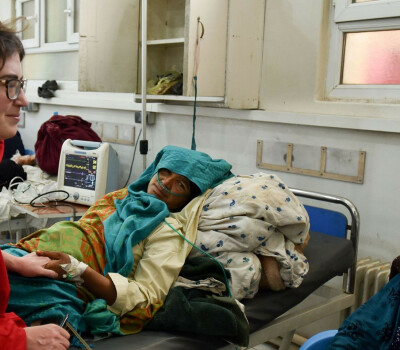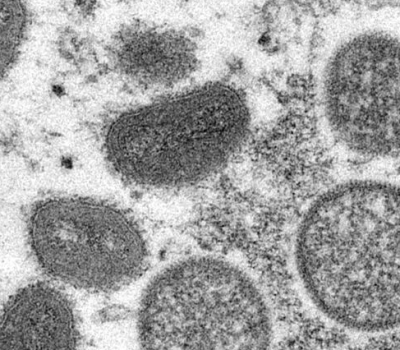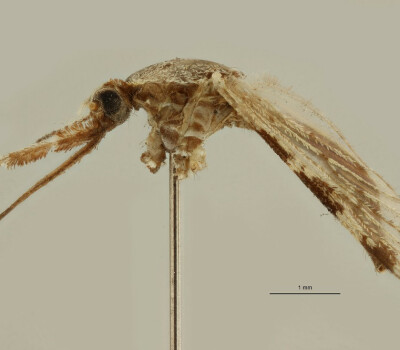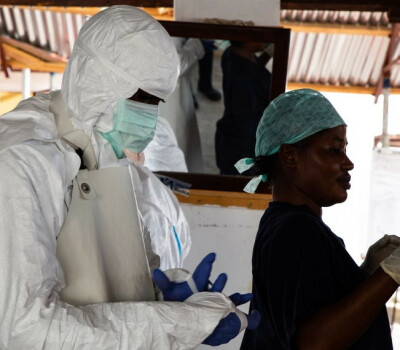“This is about more than medicine—it’s about systems, equity, and courage”
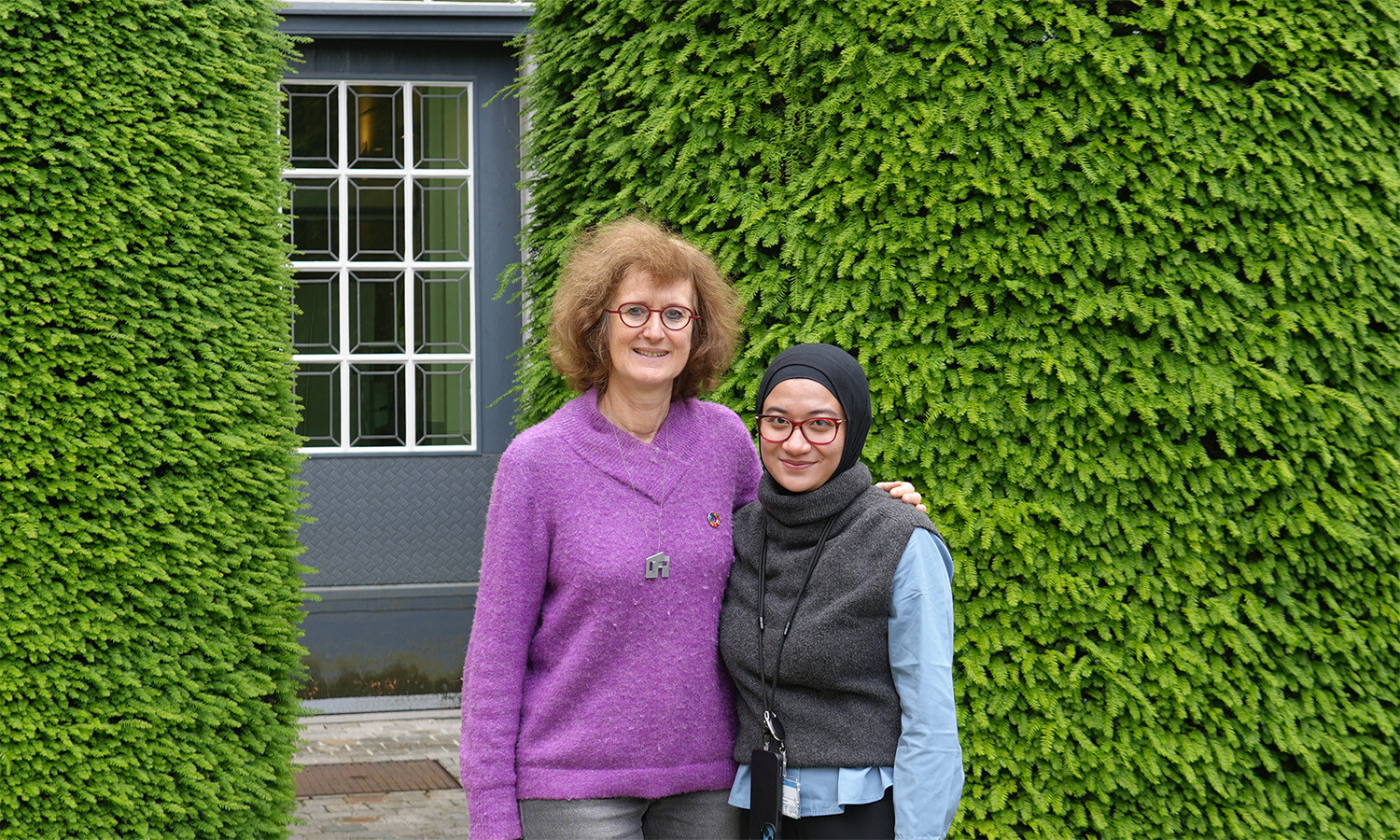
When Faradiba Faradiba met Prof Raffaella Ravinetto at a global symposium on health systems in Japan, they quickly found common ground: access to medicines, and the systems that enable—or block—it. “We got to talking,” Faradiba recalls, “and I realised the course at ITM could really help with the work I’m doing in Indonesia.”
Not long after, she applied for the Pharmaceutical Policies in Health Systems course at ITM, and received a Marleen Boelaert Scholarship to support her participation. “When I got the news, I was thrilled,” she says. “This was a big step for me.”
Getting medicine to where it’s needed
Faradiba, a lecturer and researcher in Jakarta, works on pharmaceutical systems—researching procurement, pricing, and availability. “It might sound simple: a medicine exists, so let’s make it available,” she says. “But in practice, it’s anything but.”
Indonesia, with over 17,000 islands and 250 million people, faces huge logistical and policy challenges. “We have to think about more than just the supply chain. Health insurance, reimbursement systems, pricing, and the way we design health policy all matter.”
And while universal health coverage is being rolled out in Indonesia, it’s not without complications. “We want everyone to get access to quality medicines, but with limited budgets and lots of decision-makers involved, it’s not easy.”
From principles to practice
Prof Ravinetto nods. “It’s one thing to agree on principles like equity in healthcare, but making them work in real systems is where things get difficult. Equity means making sure that someone in a remote part of Indonesia has the same chance of getting good treatment as someone in a city.”
That’s why the course at ITM brings people from different backgrounds together, she explains. “We don’t teach just one angle. We look at regulation, pricing, ethics, and logistics. Even questions like: what do we call ‘essential medicines’? And if they’re essential, shouldn’t they be free? But then, who pays for them?”
“We had a really interesting class discussion about how communities perceive the link between the quality and price of medicines,” says Faradiba. “And in a personal conversation with one of the lecturers, I asked whether medicine pricing could be used as a risk factor when sampling for quality. It’s that mix of shared learning and space for personal questions that I really value here.”
Local realities and global obstacles
The conversation turns to global dynamics. “Sometimes international rules or funding decisions block what local health systems are trying to do,” Ravinetto says. “Look at intellectual property during the COVID pandemic, or the recent US funding cuts to global health. Local solutions can’t thrive in a rigid international system.”
Still, she sees reason for hope. “We’re seeing more countries stepping up. There’s a move toward greater regional independence: producing more medicines locally, shaping their own policies.”
Faradiba agrees. “In Indonesia, we need to produce more ourselves and work more with neighbours. It’s about becoming less dependent and more resilient.”
Carrying Marleen’s legacy forward
For both women, the scholarship named after the late Prof Marleen Boelaert holds deep meaning. “Marleen was my mentor,” Ravinetto shares. “She wasn’t a medicine policy expert, but she supported me when I started exploring this field. She saw it mattered. That encouragement still drives me.”
Faradiba adds, “We come from different fields—Marleen was an epidemiologist—but we share the same goal: quality healthcare for all. I’m grateful this scholarship made it possible for me to be here.”
A growing field, and a need for voices
Both note that pharmaceutical policy is still a young academic field. “We’re still finding our place at conferences,” says Ravinetto. “It’s growing, but not yet mainstream. We need more research, more discussion.”
And more diversity. “It’s great to see female leadership in this space,” says Faradiba. “My mentors are women, many of the leaders I look up to are women. That matters.”
What’s next?
“I want to bring what I learn here back home,” says Faradiba. “But we also need to train more people. I’m just one person. We need many.”
Capacity building is top of mind. “We need more local experts who understand the technical, economic, and political sides of medicine policy,” she says. “Not just researchers, but people who can engage with governments, with communities. People who can influence policy.”
For Ravinetto, that’s where advocacy comes in. “It’s not about being an activist,” she says. “It’s about using research, data, and lived experience to make the case. To show why access to medicine matters, and how we can make it happen.”
As they wrap up, Faradiba reflects on her first week at ITM. “The content is great, but also the teaching approach: the group work, the case studies. These are things I can take into my own classroom. I’m already thinking about how I’ll pass this on.”
Because, ultimately, this isn’t just about one person taking a course. It’s about building stronger, fairer systems—one student, one scholarship, and one step at a time.
Support the next generation of global health changemakers
By contributing to the Marleen Boelaert Study Fund, you help a promising student from the Global South pursue advanced education. Your support fosters the growth of local expertise and the global impact of equitable health care.
Spread the word! Share this story on
